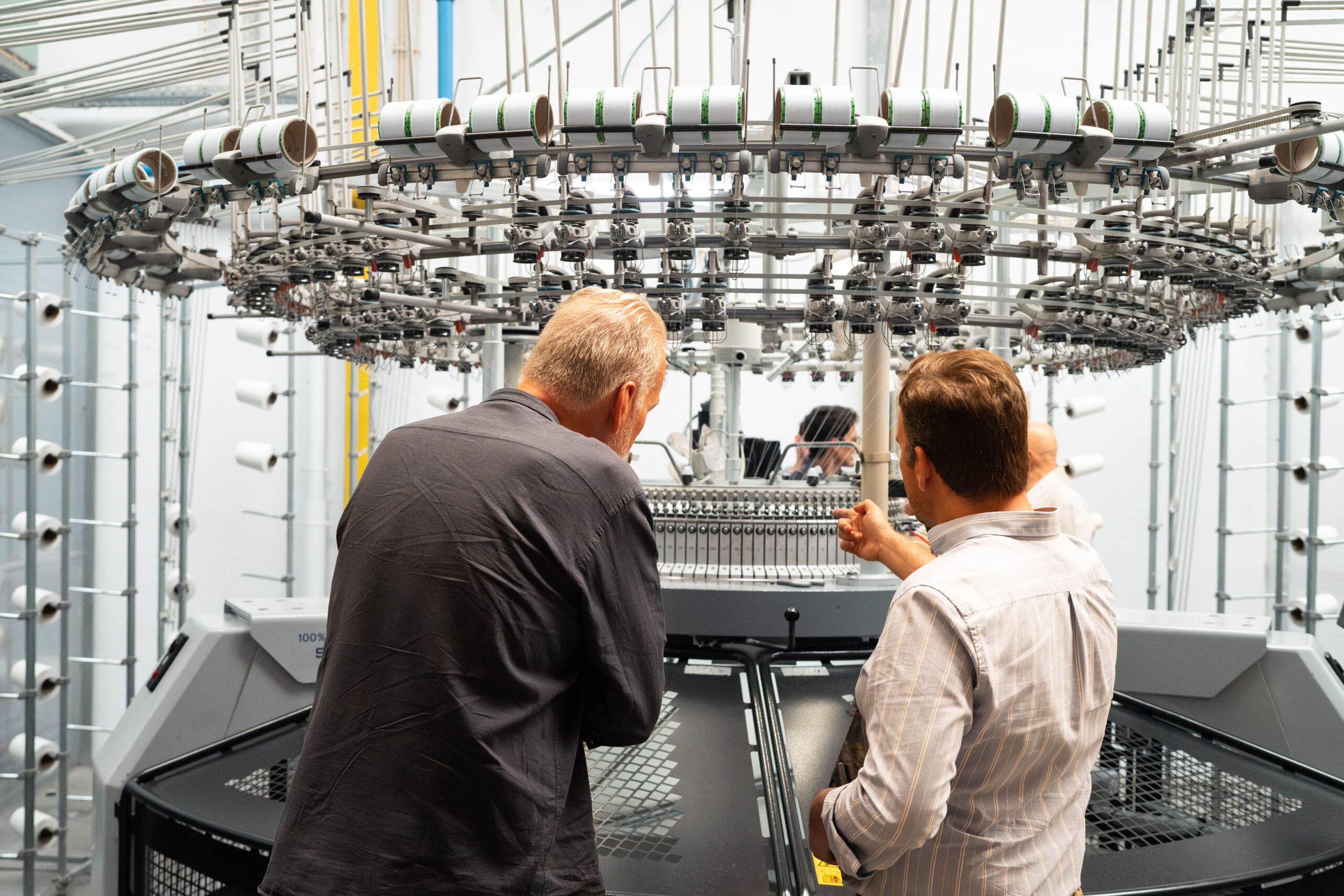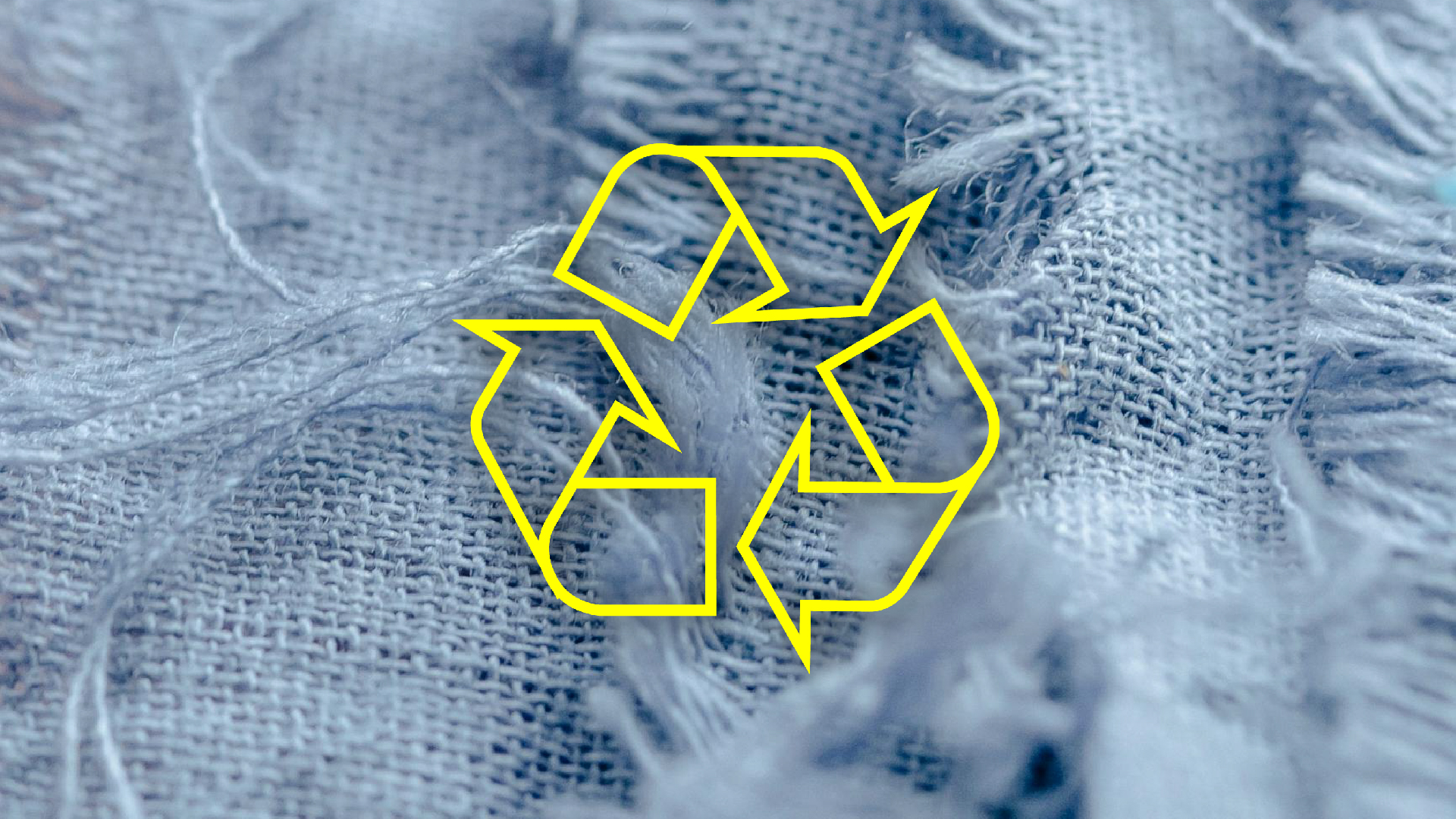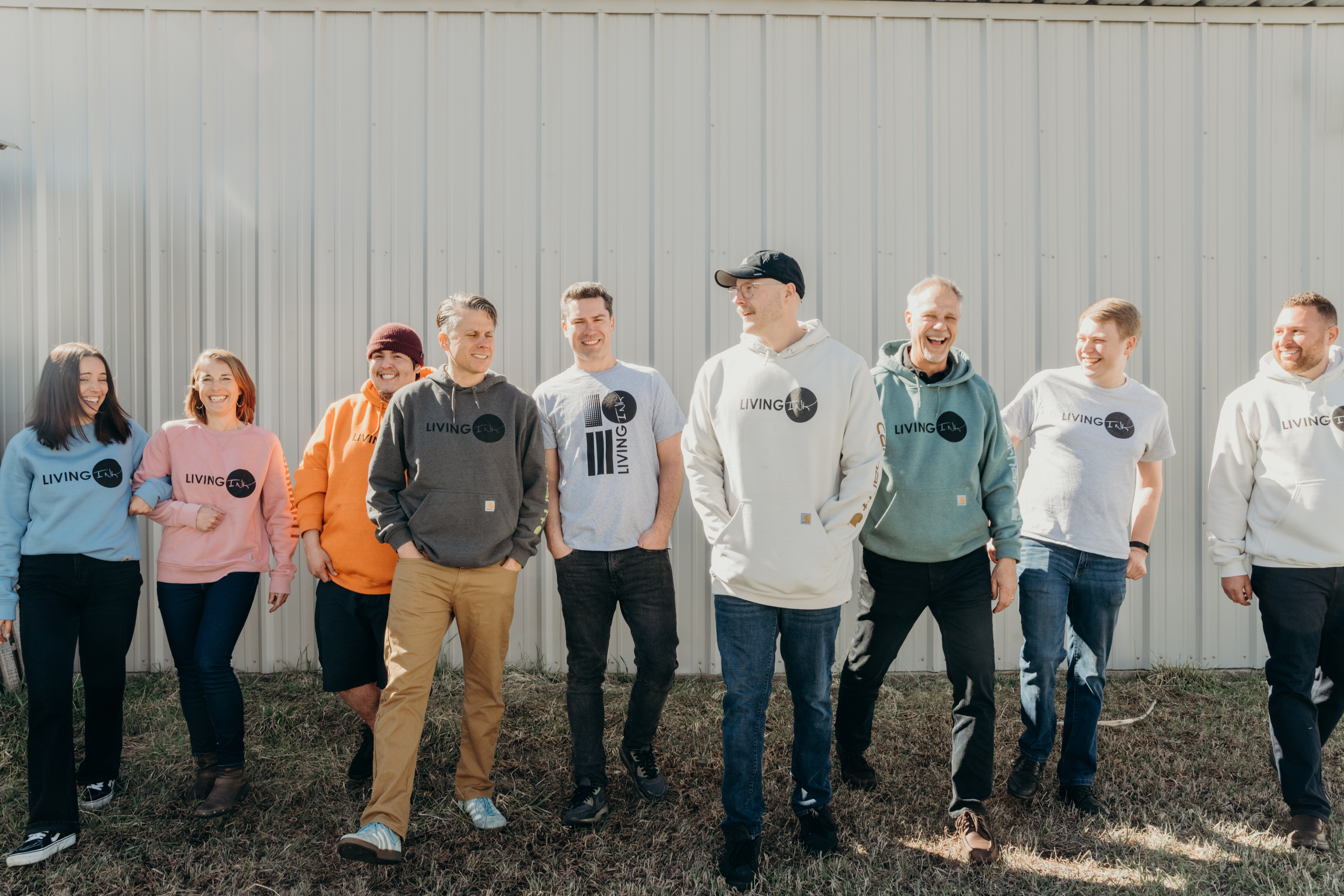Meet the Innovator: Ecovative
ECCO Leather x Ecovative. Image by Ecovative.
15 May 2023
Through our global Innovation Platform, Fashion for Good supports critical innovations on their journey to scale, providing hands-on project management, access to funding and expertise, and collaborations with brands and manufacturers to accelerate implementation in the fashion supply chain. In this series, we are proud to introduce some of the groundbreaking innovators who are driving the change to make fashion a force for good.
With the observation that plastic pollution surrounds us in our everyday lives, Ecovative has developed breakthrough technologies using mycelium, the root-like structures of mushrooms, to create sustainable materials that are biodegradable, break down naturally and can replace materials commonly made of plastic.
The innovator has pioneered two different technologies: MycoComposite™ and AirMycelium™. MycoComposite™ technology binds sustainable materials together with mycelial fibres to produce biodegradable Mushroom® Packaging and eco-friendly building materials, while AirMycelium™ grows 100% pure mycelium materials at scale in vertical farms, producing sustainable alternatives to leather, plastic, and other products of fossil fuels and factory farming.
Using AirMycelium™ technology, Ecovative’s soft goods division Forager™ brings mycelium to the fashion and apparel industries, with fully biological foams and leather-like hides that are 100% free of plastic and chemicals, and offer many advantages over traditional leather and plastic materials.
KEY MILESTONES
-
2007
Ecovative is founded by Eben Bayer and Gavin Mclntyre.
-
2009
Ecovative introduces Mushroom® Packaging.
-
2018
Ecovative joins Fashion for Good for bespoke support on their roadmap to scale.
-
2021
Ecovative raises $60M to scale mycelium materials. The innovator announces the launch of an international sustainable fashion cooperative, with our partners BESTSELLER and PVH Corp. as founding members. Through the cooperative, these brands will have priority access to Ecovative’s mycelium innovations through its Forager™ Hides platform and will work directly with the Ecovative team to co-develop custom mycelium materials for a range of end products and consumer applications
-
2022
Fashion for Good’s partners Pangaia and Vivobarefoot partner with Ecovative to develop custom mycelium materials for use in their respective fashion and footwear products. The innovator acquires new facility in the Netherlands to expand mycelium production
-
2023
Ecovative raises over $30 Million funding to scale global distribution of planet-friendly fashion and food.
IMPACT
Ecovative’s mission is to displace plastic waste in various industries by creating sustainable materials from agricultural waste streams using mycelium. By creating local supply chains within 200 kilometres of their vertical farms, they grow eco-friendly materials that are naturally grown and can be returned to the earth. This results in a reduction in energy use and greenhouse gas emissions compared to traditional plastics used in packaging and fashion. Additionally, their approach leads to a decrease in land use and water consumption, particularly in industries like animal agriculture.
WHAT’S NEXT
Ecovative is planning to expand globally over the next five years by taking their mycelium-based products beyond their current vertical farms in upstate New York. They have already acquired a facility in Europe to enable them to take their products to a wider market.
LINKS
Website: https://www.ecovative.com/
Other Articles

In conversation with Smartex: Explore Smartex’s AI-driven solutions transforming quality control and reducing waste

Fashion for Good and Textile Exchange Team Up to Trace Textile Waste

